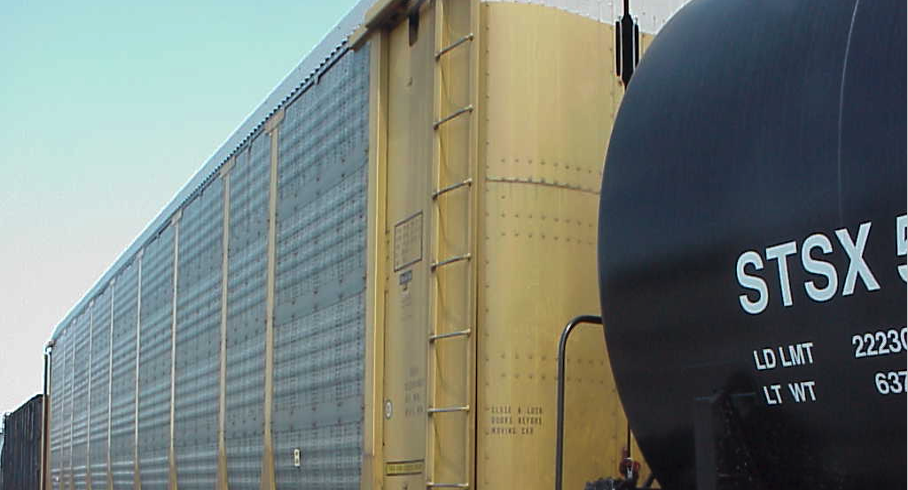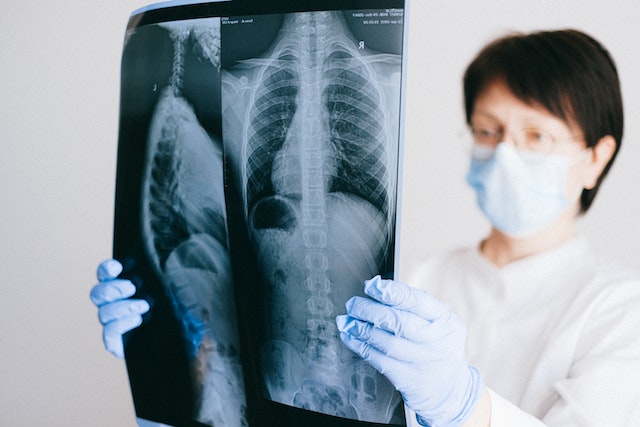
Mesothelioma is a rare type of lung cancer caused by asbestos. It does not take a lot of exposure to develop mesothelioma. But the more asbestos exposure someone has, the more likely they are to develop mesothelioma.
The fact that railroad workers are at great risk of developing mesothelioma is well-known. Our firm represents railroad workers all over the country with mesothelioma.
Why Railroad Workers Frequently Develop Mesothelioma
The sad thing about railroad mesothelioma cases is that they were all 100% preventable. If the railroads had followed their own safety recommendations, the workers would have been protected. Back in 1935, the nation’s largest railroads met and discussed that they should “get rid of dust” and “educate all concerned” about asbestos. Other recommendations were for breathing protection and air monitoring in work locations. Unfortunately, these simple safety recommendations were not followed. As a result, railroad workers got sick with cancer. Our office has a library of documents about the risks of mesothelioma which were being discussed by railroads throughout the United States. Some examples include:
- A 1977 letter from the Chief Medical Officer of Chessie System (a predecessor to CSX Transportation) admitted that asbestos is dangerous even at low levels of exposure. The railroad doctor wrote that, “at the present time, I am analyzing for the Law Department the case of mesothelioma in a deceased employee…who worked as a pipefitter with the railroad from 1954 to 1963…It is obvious our liability will be extremely difficult to defend when the case ultimately gets to court.”
- A 1983 letter from the CEO of Norfolk Southern Railway (successor to Norfolk & Western Railway and Southern Railway) highlighted that: “We have become increasingly aware of potential medical risks to our employees who may have been exposed to asbestos dust in their employment. Asbestos was used quite extensively during the steam era because of its excellent insulating qualities and you may recall that the boilers and steam pipes on steam locomotives were generally insulated with a blanket of asbestos-containing material. Use of asbestos-containing products did not end, however, with the steam era. Asbestos-containing materials, most of which were installed many years ago, are still present on our properties and even though both NW and Southern have severely curtailed the purchase of supplies containing asbestos.”
- A 1983 presentation made by Chief Medical Officer of the Missouri Pacific (a predecessor to Union Pacific Railroad) noted that, “In the past the railroad worker’s [asbestos] exposure was primarily in the shop crafts and repair gangs in which steam locomotives and boilers were being insulated; however, there may still be utilization in insulation in shops over forges, in the powerhouses, in the steam boiler coverings or steam pipes, the insulation of locomotive air pumps, and exhaust manifolds, asbestos tape, air conditioning equipment, and the floor insulation on refrigerator cars.” The letter acknowledges that “mesotheliomas may develop” and that “brief intensive exposure may produce disease as well as prolonged exposure.”
- In 1990, Consolidated Rail Corporation (Conrail) hired asbestos safety consultants who warned that the “disease of greatest concern in asbestos abatement is mesothelioma.” Repeating the advice given to the railroads back in 1935, the safety consultants recommended that the railroad begin to provide warnings to employees to protect them. Such advice was largely ignored.
Additional information about mesothelioma can be found here.
The simple fact is most railroads did not eliminate the use of asbestos until it was too late. Many railroads did not remove asbestos from work areas until the 1990s. This failure is unfortunate given what the railroads knew about the dangers of asbestos for many decades. If you or a loved one worked for the railroad and have been diagnosed with mesothelioma or any other type of cancer, call the railroad cancer attorneys at Doran and Murphy at 1-800-374-2144 for a free consultation.





